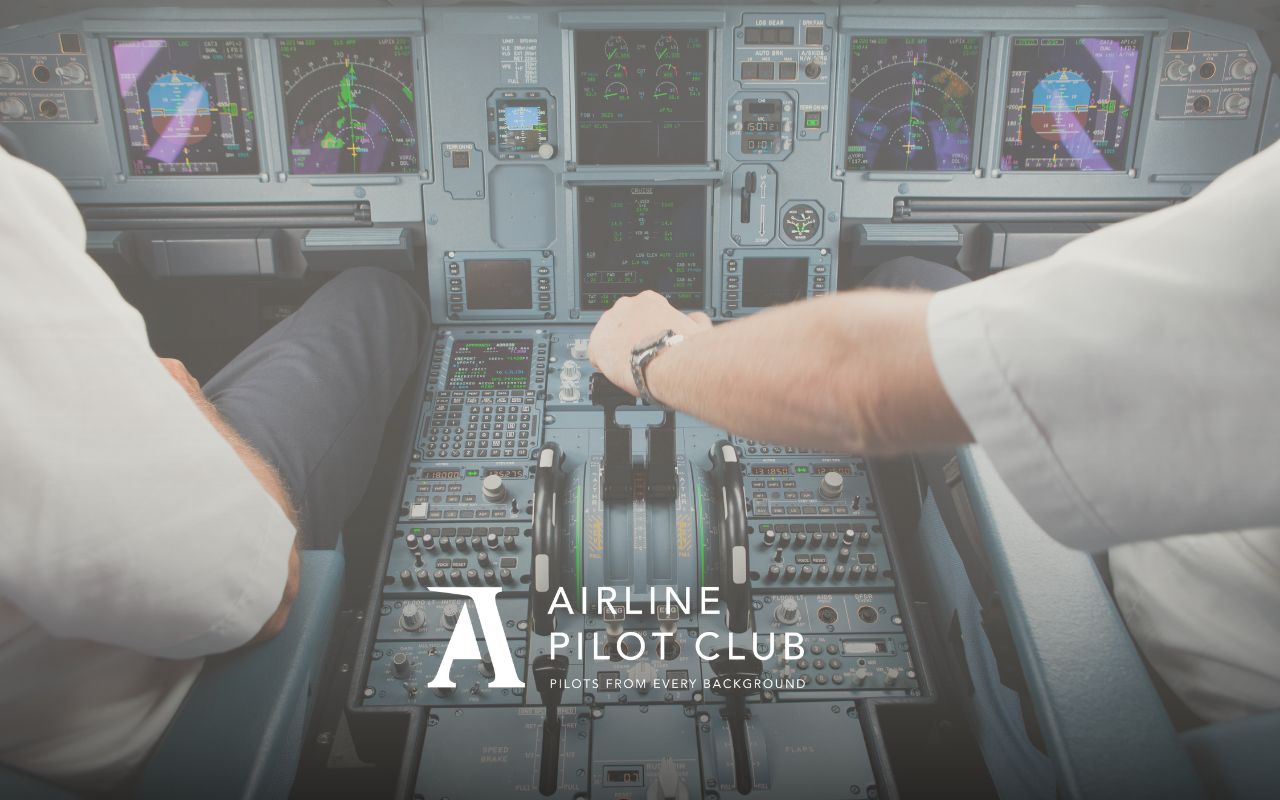Even some experienced pilots still talk about flying an aircraft as if the most important thing about it is manual stick-and-rudder skills.
Of course, motor skills matter. But unless your aim is to win an aerobatic competition, flying is mostly a mind game.
What pilots' hands and feet do is entirely determined by their brain. Learning to fly is about training the brain to recognise situations and make appropriate decisions. The trick, therefore, is to keep your well-trained brain engaged in the task, and it will send the right messages to your hands and feet.
Airline pilots spend 99% of their time on the flight deck controlling their aircraft's flight path by manipulating the autopilot/flight management system and monitoring the outcome. If the pilot's inputs to the flight control panel or control and display unit are appropriate and error-free, the system will deliver the desired flight path with optimum smoothness.
But the psychology of living with autopilot systems is challenging. A pilots' perception ca be that, while using automation, he or she is being deprived of manual flying practice, leading to a loss of manual skill that may be needed one day. Actually, the deprivation taking place is more likely to be the loss of mental engagement in the process of controlling the flight path.
Flying manually using flight instruments alone is by no means the first skill pilots are taught, but it is one of the most critical for the professional pilot. And because instrument flying (IF) is entirely a cognitive skill, your brain needs practice at it. Unless familiarity with the necessary disciplines is maintained, the brain forgets things.
FACT: The most common cause of fatal airline accidents in the last 25 years has been loss of control in flight (LOC-I). And the most common reason the pilots lost control was because they were flying at night or in instrument meteorological conditions (IMC) and became disorientated. Literally, they had become distracted from their flight instruments, and when they tried to re-engage with them, they couldn't.
This is intended to send a chill down your spine. If it does, you will be a better pilot for it. If it doesn't, perhaps you believe your IF skills are fine. I hope you're right!
Your physical balance organisms can be easily fooled. If you haven't already learned about these, APC's Human Factors and Limitations module in the Preparation Zone is a great place to start. But when you do, take the knowledge seriously.
In February 2019, an Atlas Air Boeing 767-300F was carrying out an approach to Houston, Texas at the end of a flight from Miami. There was nothing wrong with the aircraft, but it crashed in a steep, high-speed descent killing all on board.
A full discussion about this accident and several other LOC-I crashes is available in my blog here.
The same story examines why IF is a difficult discipline that demands respect. Today's more reliable and visually intuitive flight instruments might make disorientation less likely than in the old days, but since - when it happens - disorientation is a failure of your own physiology, the instruments will only help you if you know how to overcome your own limitations and believe them.




